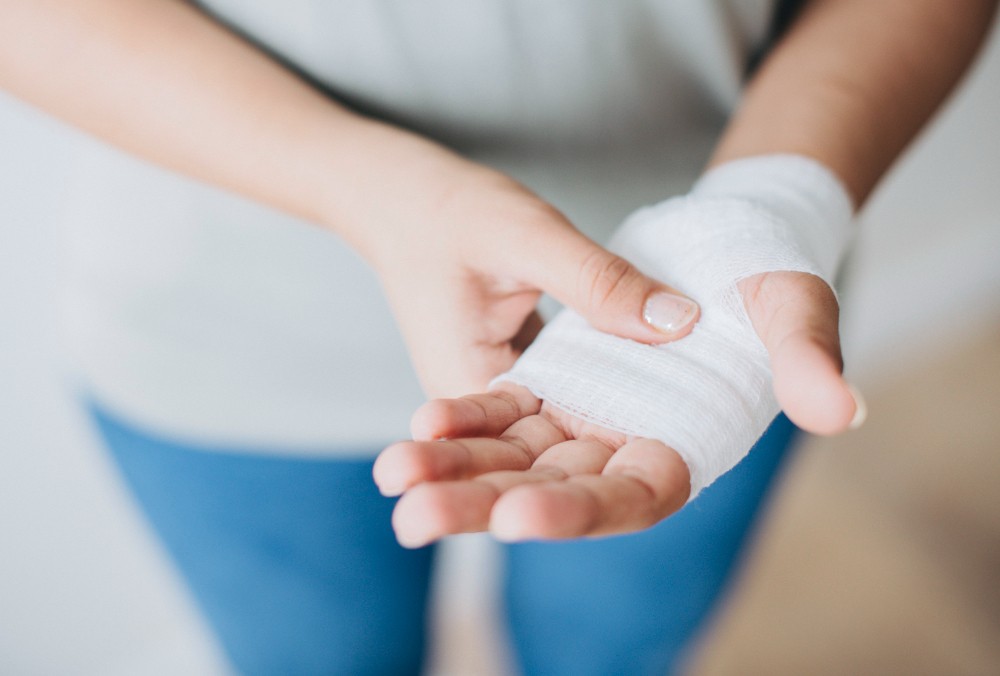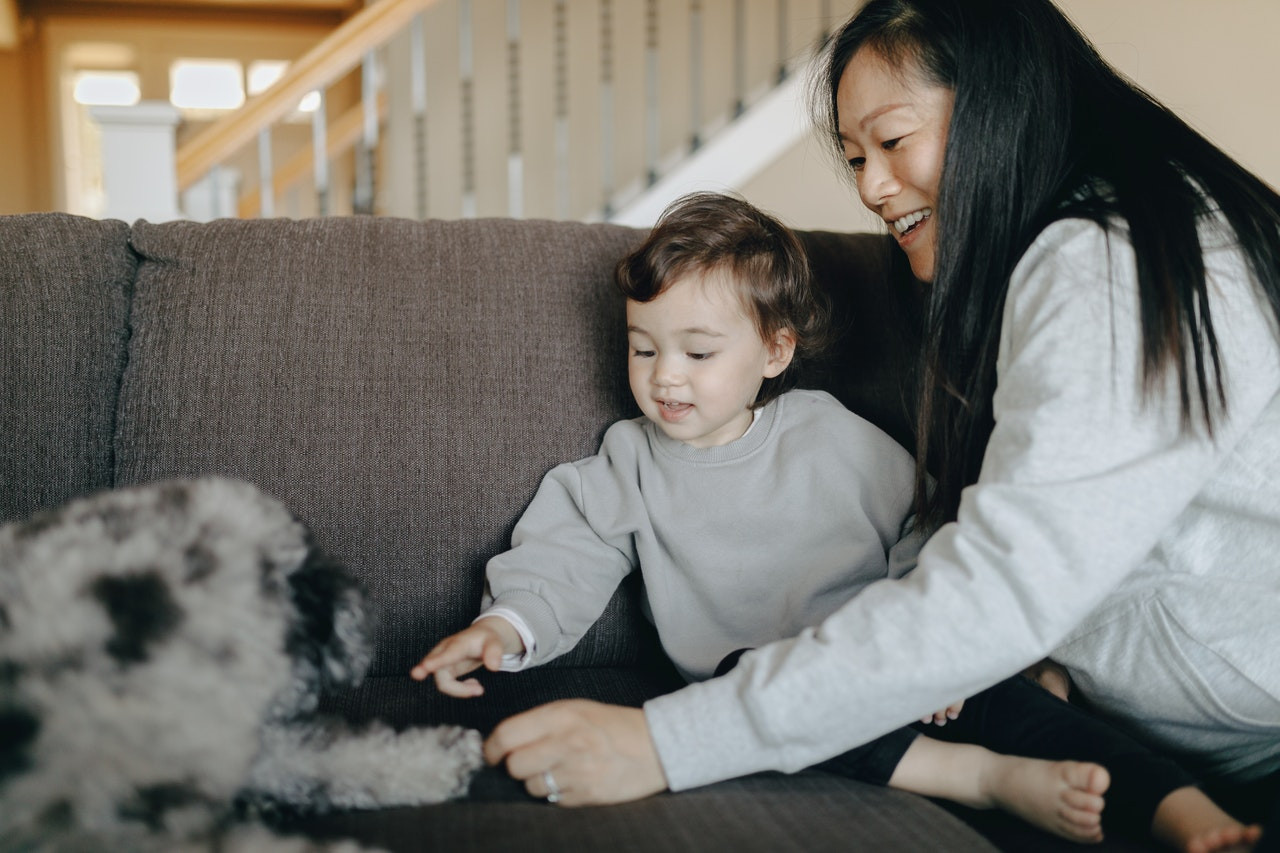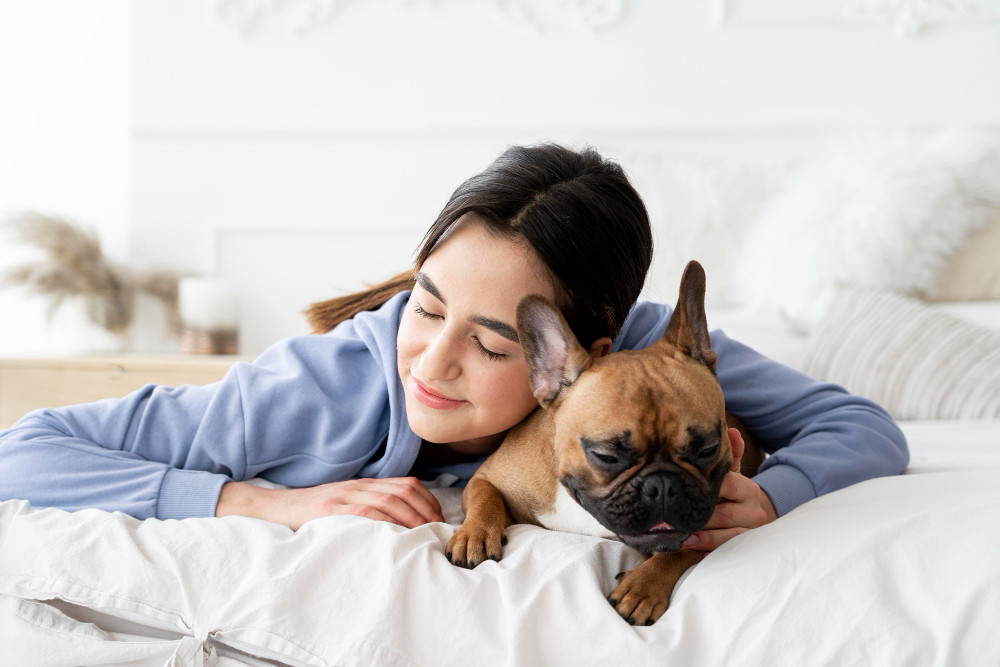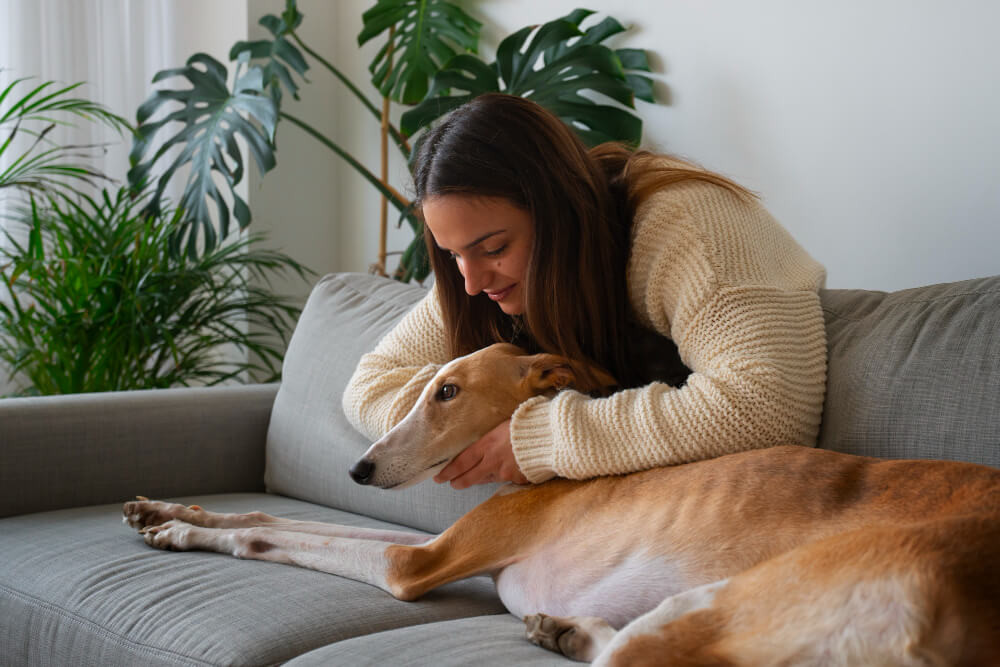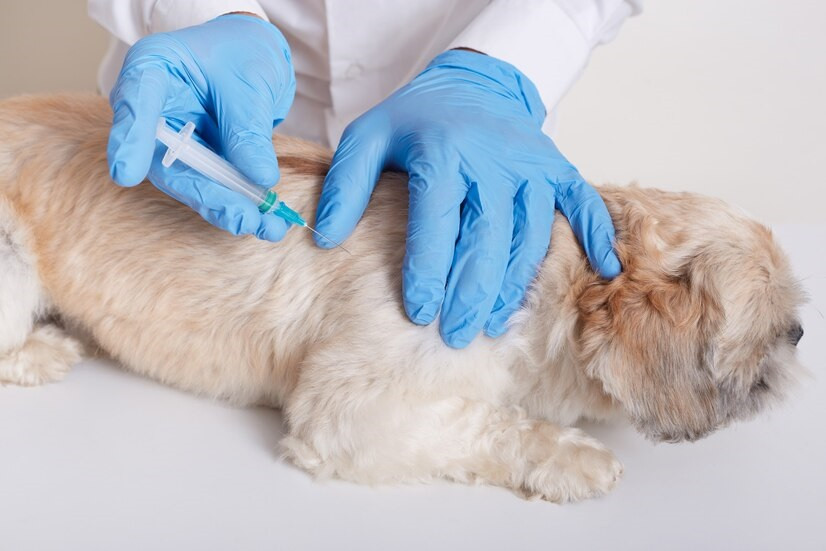Owning pets like dogs and cats can provide many benefits, such as reducing stress and alleviating loneliness. However, having pets also comes with the risk of bites, especially on the hands or feet.
For pet owners, particularly those with dogs and cats, it’s important to know how to properly treat bite wounds to minimize the risk of infection.
Treating Animal Bite Wounds
Despite their cute and playful nature, dogs and cats can sometimes bite unexpectedly. Animal bites can introduce rabies, a dangerous virus that affects the nervous system. Although bite wounds can often be managed at home, you should consult a doctor if the bite comes from an unfamiliar animal, the wound is deep, or if there are signs of infection like redness, swelling, or pus.
Here are the steps you can take to treat an animal bite wound:
-
Clean the wound: Wash the affected area with soap and warm water, ensuring you clean your hands before starting the process.
-
Stop the bleeding: Use a clean cloth or bandage to apply pressure and stop the bleeding.
-
Apply antiseptic: Use an antiseptic ointment or spray to prevent infection from developing.
-
Bandage the wound: Cover the area with a sterile bandage to protect it.
-
Monitor for infection: Keep an eye on symptoms like pain, swelling, warmth, redness, and any discharge of pus or fluids. If these signs appear, seek medical attention.
You should also see a doctor if the infection worsens, indicated by:
- Fever
- Swollen lymph nodes
- Fatigue or weakness
- Shaking
- Night sweats
If the wound bleeds for more than 10-15 minutes without stopping, it’s important to go to the hospital immediately for treatment.
Preventing Animal Bite Infections
Animal bites can lead to complications such as rabies or significant bleeding. Knowing how to prevent and treat infections is essential, especially for pet owners. Some preventive measures include:
-
Choose pets carefully: Understand your pet’s health and vaccination history. If not already vaccinated, make sure to get them vaccinated as soon as possible.
-
Supervise small children: Never leave young children alone with pets, no matter how friendly they seem.
-
Use a leash in public: When taking your pet outside, always use a leash to maintain control.
-
Regular grooming: Trim your cat’s nails regularly to avoid potential injuries.
-
Handle pets gently: Avoid rough play and always treat your pet with kindness.
When interacting with animals that are not your own, consider these precautions:
-
Do not interfere with fighting animals: Avoid stepping in when animals are fighting.
-
Avoid contact with sick or unvaccinated animals: Steer clear of animals with unknown vaccination histories or that appear ill.
-
Let animals eat in peace: Do not disturb animals during their meals.
Owning pets is an enjoyable experience for many people, but it’s crucial to ensure their health through regular check-ups and vaccinations.
If you suffer a serious bite, it’s essential to consult a doctor promptly. You can also use the Ai Care app, available for download on the App Store or Play Store, to consult with a doctor.
Want to know more health tips, first aid strategies, or home remedies? Click here!
- dr Nadia Opmalina
Mount Sinai. Animal Bites-Self Care. Available from: https://www.mountsinai.org/health-library/selfcare-instructions/animal-bites-self-care
Mayo Clinic. Animal Bites: First Aid. Available from: https://www.mayoclinic.org/first-aid/first-aid-animal-bites/basics/art-20056591
NHS. Animal and Human Bites. Available from: https://www.nhs.uk/conditions/animal-and-human-bites/
Medline Plus. Animal Bites-Self Care. Available from: https://medlineplus.gov/ency/patientinstructions/000734.htm
Watson, S. (2024). Dog Bites. Available from: https://www.webmd.com/pets/dogs/dog-bites
Fletcher, J. (2021). How can cat bites be dangerous?. Available from: https://www.medicalnewstoday.com/articles/cat-bite


